Chile tepin measures 50,000-100,000 Scoville Heat Units (SHU) - making it 10-40 times hotter than a jalapeño. This wild-harvested 'mother of all peppers' delivers intense heat with complex smoky, fruity notes that disappears faster than habanero's burn. Here's exactly what you need to know about handling, using, and enjoying this explosive little pepper safely.
Table of Contents
- How Hot Is Chile Tepin? (Exact SHU Measurement)
- What Is Chile Tepin? The 'Mother of All Peppers'
- Flavor Profile: Beyond Just Heat
- 5 Critical Safety Tips Before Handling
- Culinary Uses: Where This Pepper Shines
- Chile Tepin vs Bird's Eye vs Pequin: Heat Comparison
- Growing Guide for Home Gardeners
- Where to Buy & Proper Storage Methods
- Frequently Asked Questions (With Exact Measurements)
How Hot Is Chile Tepin? The Exact Measurement
Chile tepin registers between 50,000-100,000 Scoville Heat Units (SHU) - placing it firmly in the 'extreme heat' category. To put this in perspective:
| Pepper | Heat Level (SHU) | Heat Comparison to Chile Tepin |
|---|---|---|
| Chile Tepin | 50,000–100,000 | 1x (baseline) |
| Jalapeño | 2,500–8,000 | 6-40x milder |
| Habanero | 100,000–350,000 | 1-3.5x hotter |
| Cayenne | 30,000–50,000 | Slightly milder |
| Bird's Eye Chili | 50,000–100,000 | Similar heat, different flavor |
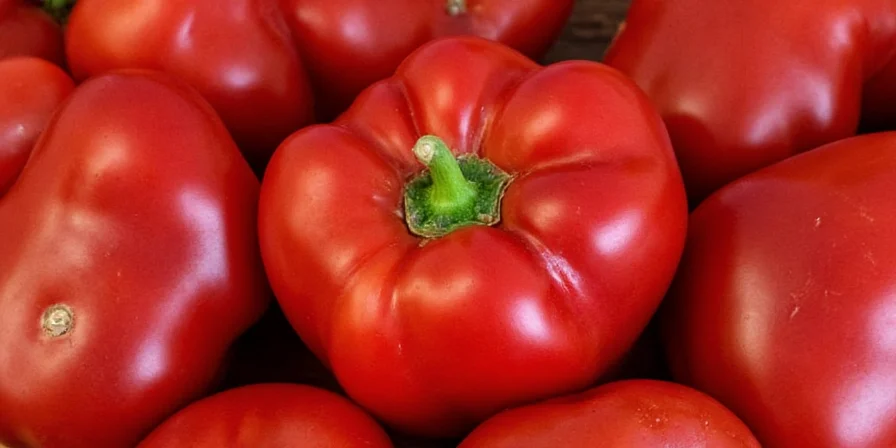
Unlike habaneros that deliver lingering heat, chile tepin provides an intense but shorter-lasting burn (typically 5-15 minutes) with distinctive smoky, earthy notes. This 'quick flash' heat makes it more versatile in cooking than many ultra-hot peppers.
What Is Chile Tepin? The 'Mother of All Peppers'
The chile tepin ( Capsicum annuum glabriusculum) is a wild chili pepper native to desert regions of the southwestern United States and northern Mexico. Botanists consider it the direct ancestor of domesticated chili peppers, earning its "mother of all peppers" nickname.
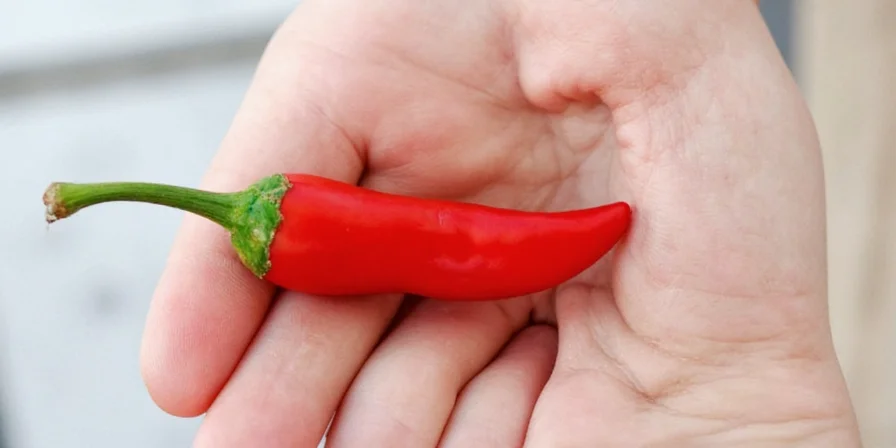
Key characteristics:
- Size: 0.2-0.5 inches in diameter (about the size of a pea)
- Shape: Perfectly round or slightly oval
- Color: Ripens from green to bright red, then to orange when fully mature
- Wild status: 95%+ of supply comes from wild harvesting, not cultivation
Flavor Profile: Beyond Just Heat
Chile tepin offers a complex flavor profile that distinguishes it from other hot peppers:
| Flavor Dimension | Chile Tepin Characteristics | Compared to Jalapeño |
|---|---|---|
| Primary Heat | Immediate, intense burn (50K-100K SHU) | 6-40x hotter |
| Heat Duration | 5-15 minutes (shorter burn) | Similar duration, much more intense |
| Fruit Notes | Pronounced berry/citrus undertones | Minimal fruitiness |
| Smokiness | Natural smoky depth (especially when dried) | Only when roasted |
| Earthy Notes | Distinct desert terroir character | None |
This complexity makes chile tepin valuable for chefs who want heat with nuance - not just mouth-numbing intensity. The berry notes pair particularly well with chocolate, citrus, and seafood dishes.
5 Critical Safety Tips Before Handling Chile Tepin
- Always wear nitrile gloves: Capsaicin penetrates latex and.skin contact can cause 24+ hours of burning
- Work in ventilated area: Cutting releases volatile capsaicin that irritates eyes/throat
- Never touch face: Even with gloves on - capsaicin transfers easily to sensitive areas
- Start with 1/4 pepper per dish: One whole tepin can overwhelm 4-6 servings
- Keep dairy nearby: Milk or yogurt instantly neutralizes capsaicin better than water
Culinary Uses: Where This Pepper Shines
Chile tepin works best in applications where its complex flavor can shine:
- Finishing oil: Infuse in olive oil (1 dried tepin per cup oil) for drizzling over soups, tacos, or eggs
- Salsa fresca: Finely minced in pico de gallo (use 1/2 tepin per batch)
- Meat injection: Blend with citrus juices for brisket or pork shoulder
- Chocolate pairing: 1/4 dried tepin steeped in warm cream for mole or hot chocolate
- Vinegar infusion: Creates versatile hot vinegar for dressings (1 tepin per 8oz vinegar)
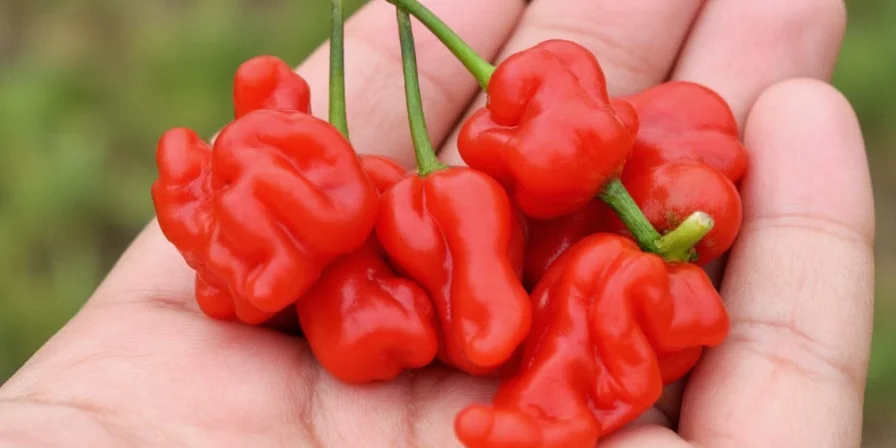
Chile Tepin vs Bird's Eye vs Pequin: Heat Comparison
These small peppers often get confused, but have critical differences:
| Characteristic | Chile Tepin | Bird's Eye | Chile Pequin |
|---|---|---|---|
| Heat Level | 50K-100K SHU | 50K-100K SHU | 30K-60K SHU |
| Size | 0.2-0.5" round | 1-2" tapered | 0.75-1" oval |
| Flavor Profile | Smoky, berry notes | Sharp, floral | Nutty, grassy |
| Heat Duration | 5-15 minutes | 15-30 minutes | 10-20 minutes |
| Best Culinary Use | Finishing oils, salsas | Thai curries, dipping sauces | Adobos, pickled peppers |
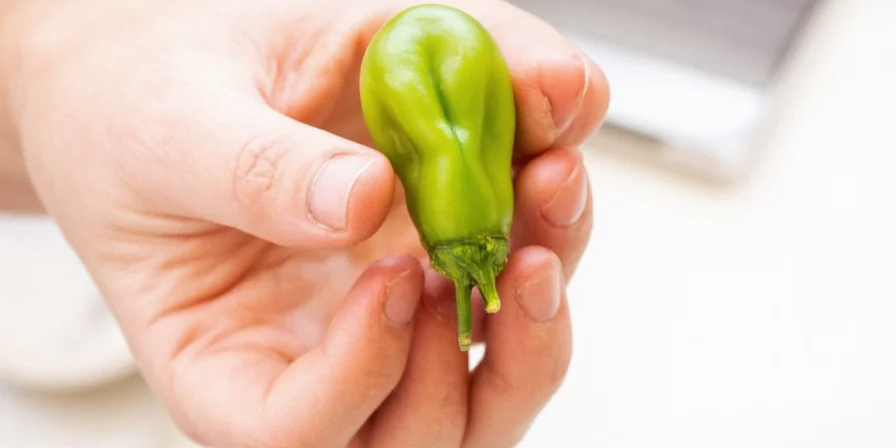
Growing Guide for Home Gardeners
While primarily wild-harvested, you can grow tepin in warm climates:
- Germination: Soak seeds 24 hours; requires 80-90°F soil temperature (use heat mat)
- Time to harvest: 90-120 days from seed (significantly longer than jalapeños)
- Fruit yield: 20-50 peppers per plant (much lower than cultivated varieties)
- Special requirement: Needs bird-dispersed germination for best results (simulated by stomach acid exposure - soak in vinegar 1 hour before planting)
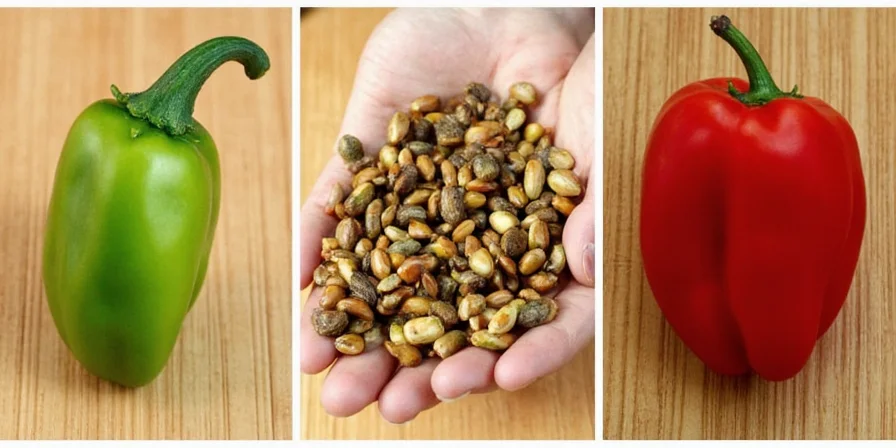
Where to Buy & Proper Storage Methods
Purchasing options:
- Fresh: Mexican markets (Oct-Feb), specialty grocers ($15-25/oz)
- Dried: Online spice retailers (Amazon, Pasados, ($12-18/oz)
- Whole vs crushed: Whole retains flavor 6+ months; pre-crushed loses potency in 2-3 weeks
- Fresh peppers: Paper bag in crisper drawer (2 weeks maximum)
- Dried peppers: Airtight container in dark cupboard (12 months)
- Freezing: Spread on baking sheet, freeze solid, then transfer to bag (18 months)
- Never: Store in plastic bags (traps moisture causing mold)
Frequently Asked Questions (With Exact Measurements)
How much chile tepin equals one jalapeño in heat?
One chile tepin equals approximately 12-40 jalapeños in heat intensity. For substitution: use 1/12th to 1/40th the amount of tepin compared to jalapeño in recipes. Example: replace 1 whole jalapeño with 1/8 to 1/4 of a tepin pepper.
What's the exact heat duration of chile tepin compared to habanero?
Chile tepin delivers intense heat for 5-15 minutes, while habanero's burn typically lasts 20-45 minutes. The tepin's shorter duration makes it more versatile for dishes where lingering heat would overwhelm other flavors.
How many chile tepin should I use for 4 servings of soup?
For balanced heat: 1/4 dried tepin or 1/8 fresh tepin per 4 servings. Always add incrementally - tepin's heat compounds are concentrated in seeds and membrane. Remove seeds for 30% less heat.
Why does chile tepin cost 5-10x more than jalapeño powder?
Chile tepin costs $12-25/oz (dried) vs jalapeño's $2-4/oz due to: 1) 100% wild harvesting requiring manual collection in remote areas 2) Lower yield (20-50 peppers/plant vs 200+ for jalapeño) 3) Seasonal availability (Oct-Feb fresh)
What's the safest way to handle chile tepin without gloves?
Wear gloves if possible. If not: apply vegetable oil to hands first (creates barrier), use plastic bag as makeshift glove, and immediately wash with dish soap (breaks down capsaicin oils) followed by milk soak for persistent burning.
Final Recommendation: Using Chile Tepin Effectively
Chile tepin's unique combination of extreme heat (50,000-100,000 SHU) with complex berry notes and shorter burn duration makes it invaluable for chefs seeking precision heat. For home cooks: start with 1/4 dried tepin per dish, always use gloves, and pair with dairy to control intensity. Its wild-harvested scarcity justifies the premium price for those seeking authentic Southwestern flavor with serious heat.
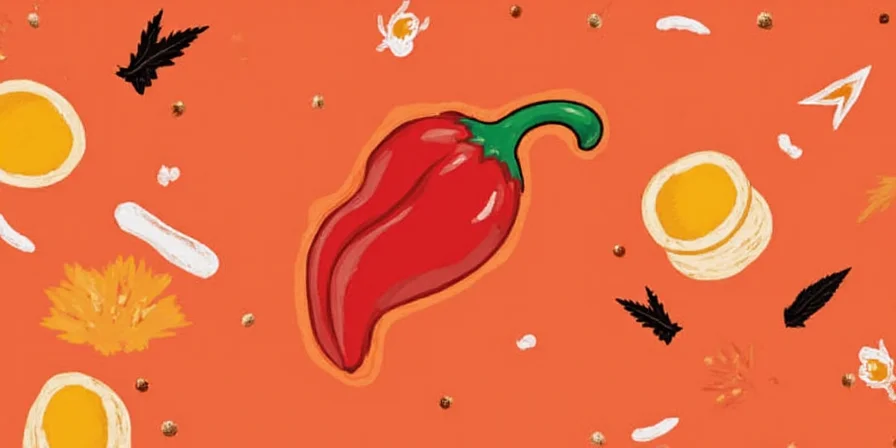

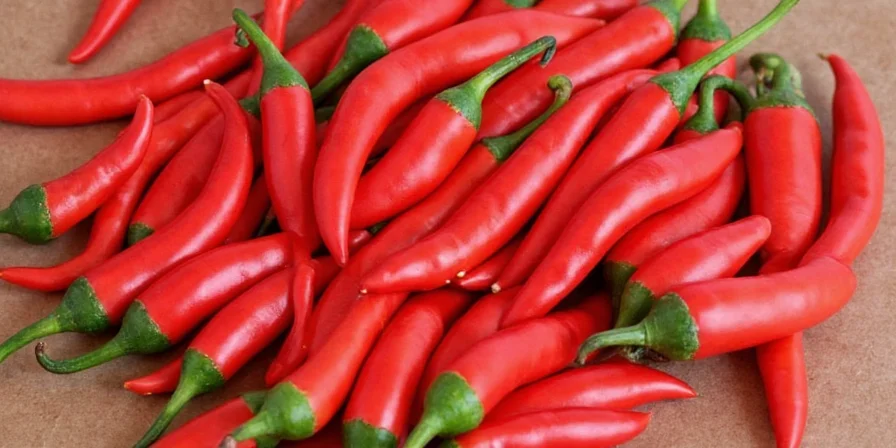









 浙公网安备
33010002000092号
浙公网安备
33010002000092号 浙B2-20120091-4
浙B2-20120091-4